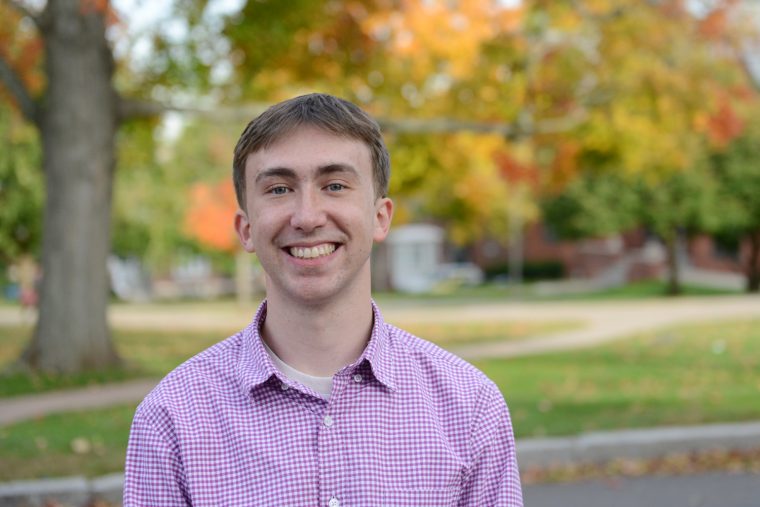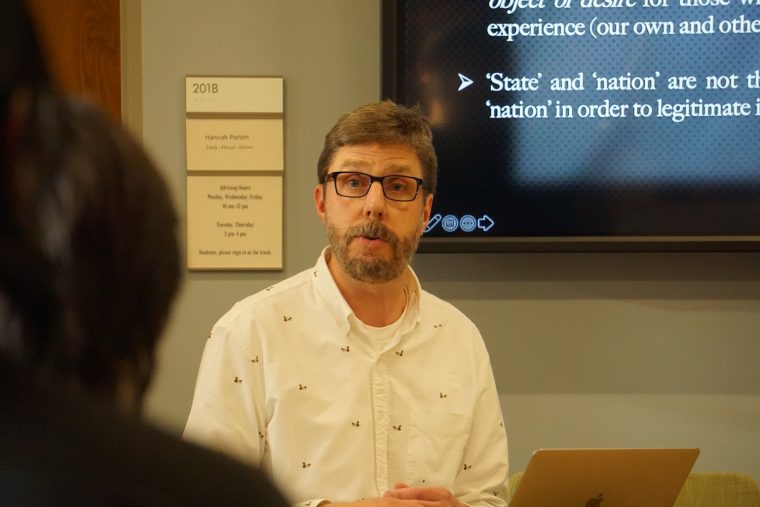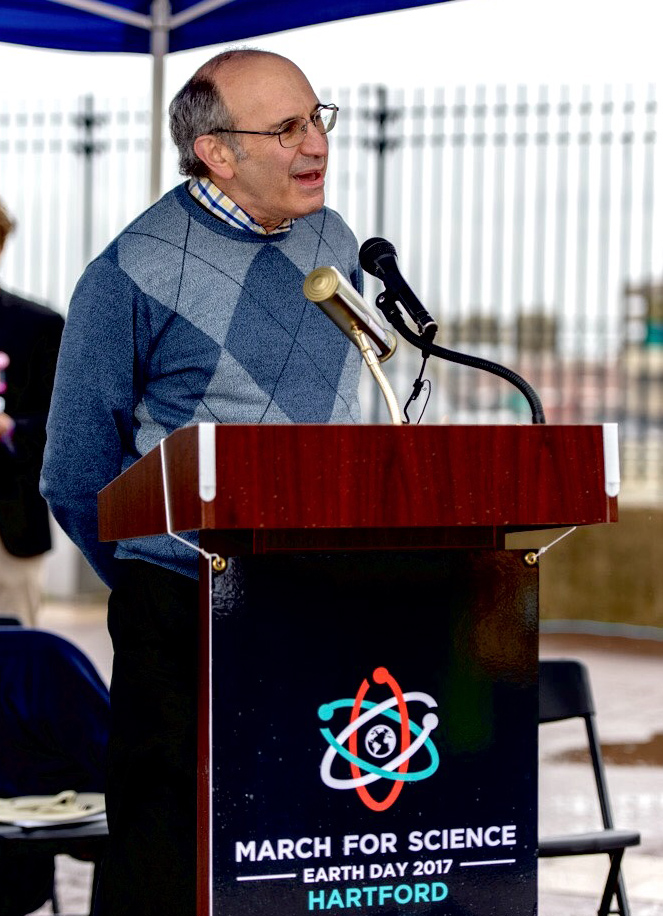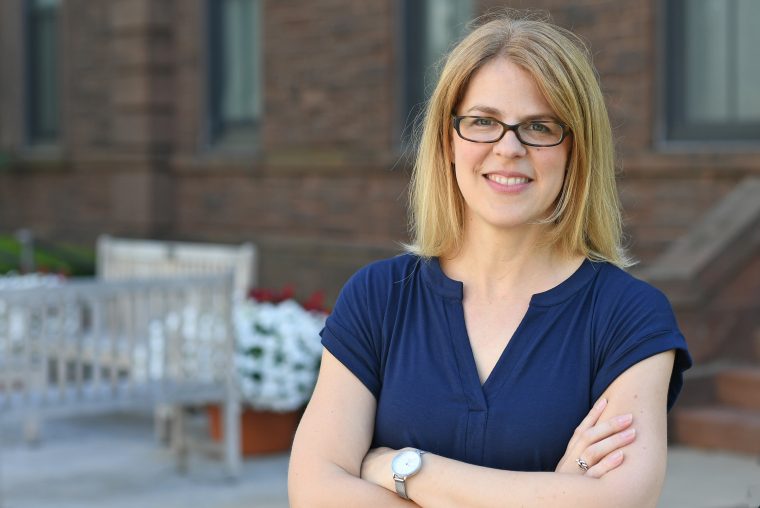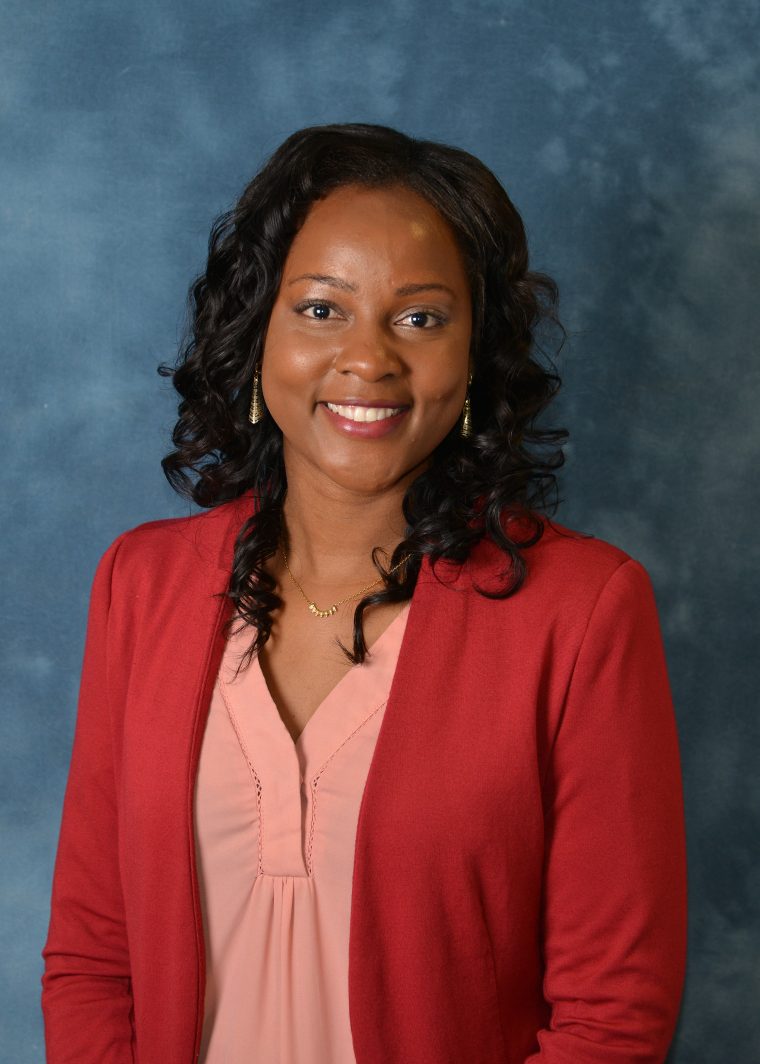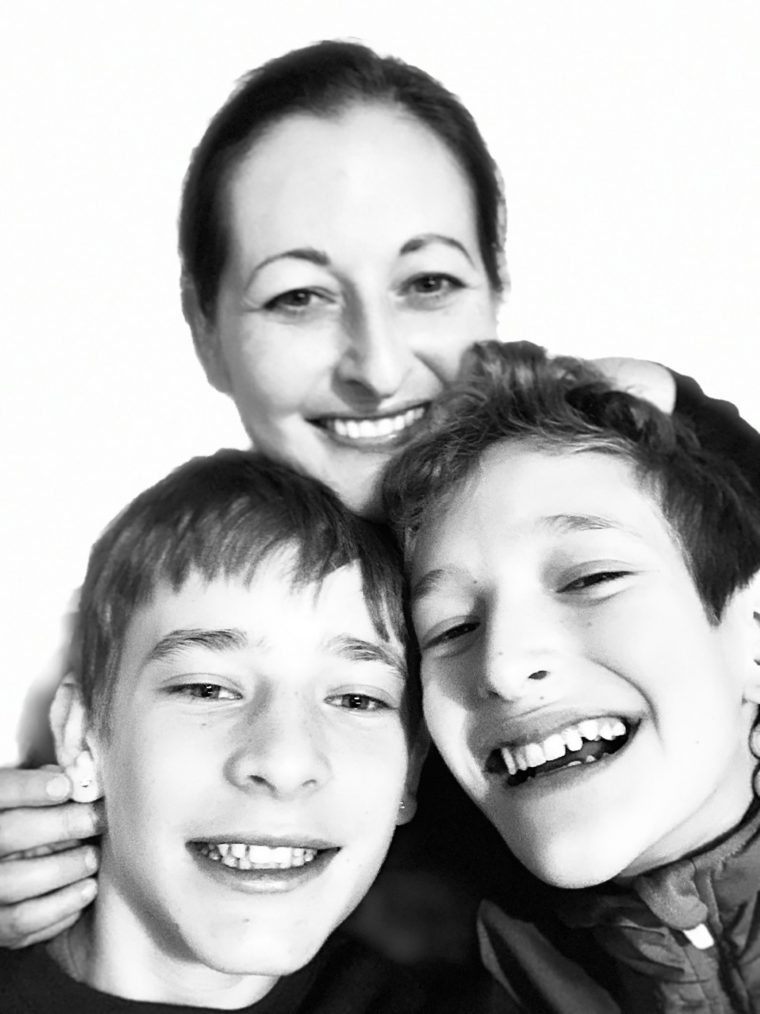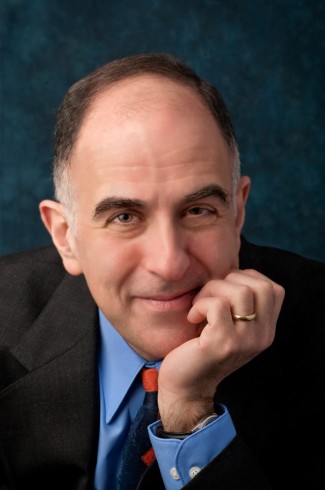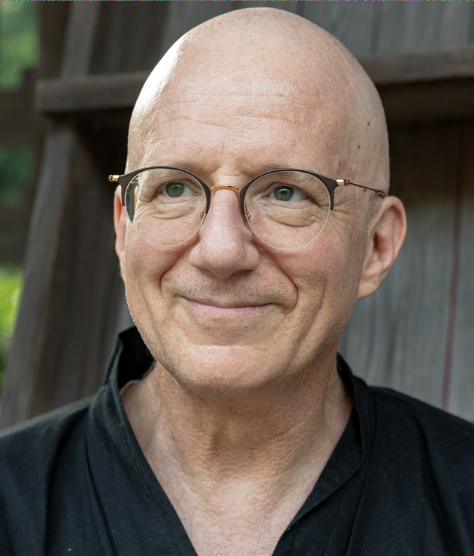Wesleyan in the News 1. CNN: "How Coronavirus Has Reshaped Democratic Plans for 2020" This article on how Democrats are politicizing the government's response to the coronavirus crisis features research by the Wesleyan Media Project, which found that this past month has seen a huge drop in campaign advertising overall. "The messaging and the attacks that we've seen on [coronavirus] do feel louder ... in part because there are fewer messages overall," said Erika Franklin Fowler, associate professor of government, co-director of the Wesleyan Media Project. She notes that health care was emerging as a top issue in 2020 advertising…
Professor of Psychology Scott Plous is a social psychologist whose research focuses on prejudice and discrimination, decision-making, and ethical issues relating to animals and the environment. He has a long-standing interest in web-based research and teaching, and has taught a Social Psychology massive open online course (MOOC) on the Coursera platform since July 2013. We spoke to him about what social psychology can teach us in these challenging times. What are you teaching this semester, and how have you adapted your course for distance learning? I’m teaching an advanced seminar on the Psychology of Prejudice and Discrimination. Because the class…
Associate Professor of Government Logan Dancey’s research and teaching interests include the United States Congress, campaigns and elections, and public opinion. We spoke to him about the government’s response to the coronavirus pandemic. As a scholar of legislative decision-making, can you describe how the workings of the United States Congress look different during a time of crisis? It’s still early, but the government’s response to the coronavirus pandemic shows that even this gridlocked and polarized Congress—which doesn’t seem to accomplish much in normal times—is still fairly quick to respond to crises. We’ve seen large bipartisan majorities agree on fairly large-scale…
Assistant Professor of East Asian Studies Scott Aalgaard studies modern and contemporary Japan, including the experiences of Japanese-Americans during World War II, when approximately 120,000 people of Japanese descent were forced into internment camps. We spoke to him about the echoes of that history in the surge in racist incidents against Asian-Americans since the start of the COVID-19 pandemic. Professor Aalgaard, as we think about the increase in racist acts against people of Asian descent in the United States today, can you please offer a brief history of racism faced by Asian-Americans? The first thing that I want to argue…
Frederick Cohan, the Huffington Foundation Professor in the College of the Environment, professor of biology, is a microbial ecologist whose course “Global Change and Infectious Disease” examines how human disturbance of the environment contributes to infectious disease outbreaks. He also researches the origins of diversity among both bacteria and viruses. In early February, as the novel coronavirus was beginning to spread, Cohan wrote an article in The Conversation, co-authored with PhD candidate Kathleen Sagarin and Kelly Mei ’20, titled, “A Clue to Stopping Coronavirus: Knowing How Viruses Adapt From Animals to Humans.” Cohan also was interviewed recently by The Wesleyan…
Professor of Government James McGuire is a political scientist with expertise in the association between democracy and public health. You study the relationship between democracy and population health. Does the literature find that democracy is good for population health? As a political scientist I've long been interested in democracy, and especially in its possible impact on other aspects of well-being. Many other political scientists have studied democracy's impact on economic growth and income inequality. My interest has been in democracy's impact on the risk of early death, and particularly on child mortality in developing countries. For Amartya Sen and Martha…
Associate Professor of Government Erika Franklin Fowler is an expert on political communication. When she’s not analyzing campaign advertising with the Wesleyan Media Project, she investigates how media, including ads and news, influence opinions and attitudes in a variety of health-related policy areas. Her past studies, many of which are co-authored with Sarah Gollust ’01, have examined media around the Affordable Care Act, mammography screening and the HPV vaccine. “I’m drawn to research on messaging at the intersection of health and politics because it has such important—sometimes life-saving—consequences for citizens, and there are practical actions we can all take to…
Assistant Professor of Psychology Royette Dubar leads the Sleep & Psychosocial Adjustment Lab at Wesleyan. She’s a developmental psychologist who studies the links between sleep and a range of indices, including emotional well-being, academic performance, quality of interpersonal relationships, and technology use, in adolescents and emerging adults. She has just launched a new study on the psychosocial impact of the COVID-19 pandemic among adolescents and the challenges that come with it, especially for college seniors. Your research focuses on sleep and psychosocial well-being among young people ages 15 to 29 years old. The pandemic and near-global shutdown has been extremely…
Anna Shusterman, associate professor of psychology and co-coordinator of education studies, studies learning and conceptual development in children. In this Q&A, we asked her for advice for families on transitioning children to distance learning during the COVID-19 outbreak. Q: How should parents talk to kids about what’s happening in the world and why their daily lives look so different? A: Full disclosure: I am not a clinician. However, as a parent and a research psychologist, I think it’s important for parents to validate their children’s emotions rather than dismissing them or telling them they are being silly. It’s also important…
Richard Grossman, professor and chair of economics, is an expert in economic history as well as current policy issues in macroeconomics, banking, and finance. In this Q&A, we asked him about the economic fallout from the coronavirus pandemic, and how the government is responding in efforts to mitigate the damage. Q: We’ve all seen the headlines about a coronavirus-induced recession. What is the current state of the economy, and what do you predict we’ll see over the coming months? A: Prior to the virus outbreak, the American economy was doing well by conventional standards. The unemployment rate was 3.5% in…
William Johnston, the John E. Andrus Professor of History, is a historian who studies disease and medicine, with expertise in epidemics of infectious diseases. In this Q&A, Johnston discusses the novel coronavirus outbreak and what can be learned from the past. Q: How and when did you start studying the history of disease and medicine? A: About 30 years ago, I wrote my dissertation on the subject, which became my first book, The Modern Epidemic: A History of Tuberculosis in Japan. Around that time, people were starting to consider epidemics of infectious diseases a thing of the past that were…
Wesleyan faculty frequently publish articles based on their scholarship in The Conversation US, a nonprofit news organization with the tagline “Academic rigor, journalistic flair.” In this article, Marc Longenecker '03, MA '07, assistant professor of the practice in film studies, explains the history of invisible characters in films. Longenecker '03 majored in film studies and physics for his BA, and film studies for his MA. A brief history of invisibility on screen What would you do if you could be invisible? Would this newfound power bring out the best in you, instilling you with the courage to discreetly sabotage the…



